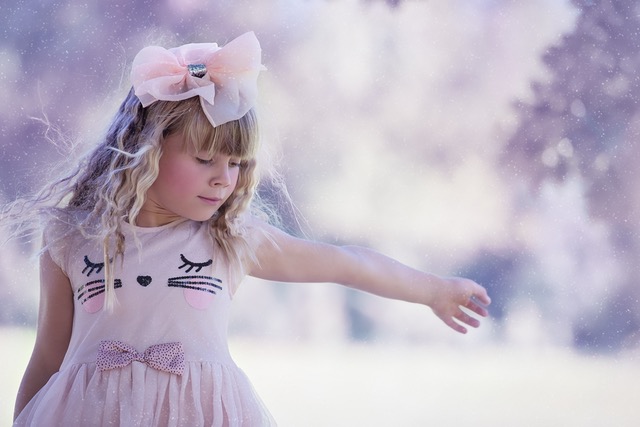“Toughen up.”
“Learn to take a joke.”
“You’re oversensitive.”
“You need to grow a thicker skin.”
“Don’t take it so personally.”
“Oooh, touchy are we?”
“It’s not personal, it’s business.”
“Can’t you let it go?”
“C’mon, you’re fine.”
I have been told all of the above at some point in my life. Likely, we all have. Whether man or woman, we’ve probably been told to “grow a pair” or grow some “hair on our chest.”
From childhood on, we are encouraged to put our emotions aside and become pragmatic, transactional, list-making members of society. We are led to believe that feeling too much makes us vulnerable and that this vulnerability weakens us. We are told that the weak do not survive.
With time and repetition, these teachings build up a fear and then a revulsion toward our natural human capacity for feeling. So we apologize for it.
I would apologize when I laughed too loud or too long, when small, quiet tears turned into gasping sobs, when my quivering voice betrayed my anxiety, when depression rendered me unable to participate more fully or after expressing anger or disappointment over what someone presented as “only a joke.”
So when the topic of “boundaries” swirled throughout my yoga and healing communities, I signed up to learn more. I dreamed about installing a swinging gate before my heart that determined what and who deserved entry and for how long.
My ego, hired as gatekeeper, also loved the idea:
Knock knock.
“Who’s there?”
“Sadness.”
“Sadness over what?”
“Sadness about a story on the news today.”
“Does it involve anyone we know?”
“No, but…”
“Does it pertain to anything we’re doing?”
“No, but…”
“This heart’s calendar is full. It’s not convenient for us to feel sadness today.”
Feeling uncomfortable emotions is rarely convenient.
Eventually, the mental gymnastics that went along with monitoring my boundaries depleted me as much or even more than if I’d just let the sadness in to begin with. I was not skillful at erecting boundaries anyway. The sadness still slipped in, yet remained unrecognized, unprocessed, undigested.
Looking at how the body is depicted in chakra and aura charts, I laugh—probably a little too long and a little too loud—that we ever conceived of the idea of boundaries in the first place.
By nature we are porous beings, animated by prana—the invisible, intangible life force. This powerful substance permeates everything. There are no walls, boundaries or boxes that prana cannot penetrate. Feelings and emotions travel on this prana from one person to the next, one society to the next.
How can we separate or disentangle ourselves from the world when, as we breathe out, someone else is breathing in? We are touched by everything, with or without our permission, often without our even knowing.
So rather than continuing on with building boundaries, I chose to study self-care practices that could go hand-in-hand with my conscious willingness to feel. These included meditation, healthy foods and relationships built on mutual respect and compassion.
The unexpected gift is that by feeling more sensitively into the lows means I can feel more passionately into the highs.
For example, a few years ago when I attended my daughters’ spring dance recital, I had prepared myself for the expected emotions of pride, joy, delight and surprise. But no one could’ve prepared me for the dance depicting a mother losing her child after a long illness. That beautiful girl, transformed from a dirty frock into a brilliant white dress when she joined the angels, smiled broadly at her mother and waved a final goodbye.
In my chair in the dark auditorium, my lips quivered and tears poured down my cheeks. My ego complained, “You should’ve had your boundaries up.” I kept swallowing so I wouldn’t burst. I tried offering polite applause. I tried to put all my attention on the cute tap number that appeared on stage next.
Five dances later, though, I was still sighing and wiping away tears. I will never forget the depths of my feeling that day. Every porous cell in my body, with its trillions of living, porous atoms, swelled with gratitude and love for my own healthy family.
I do not fear the next time I am swept away by the tides of unexpected emotion and feeling. Instead I choose—joyfully, sadly, angrily, proudly and, yes, fearfully—to live porously.
No boundaries. No apologies.
Author: Keri Mangis
Image: Pixabay
Editor: Callie Rushton


 Share on bsky
Share on bsky





Read 0 comments and reply